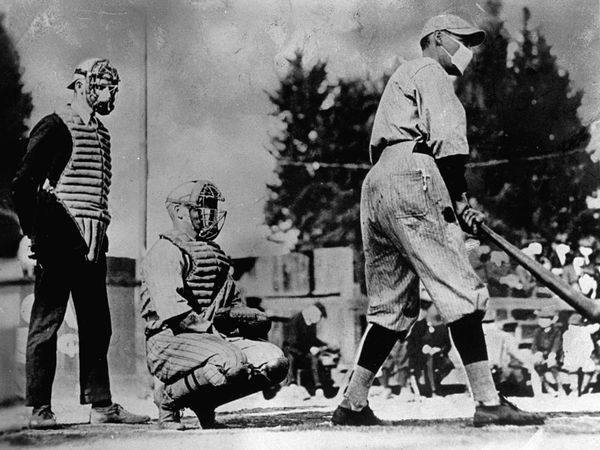Paul DePodesta will always, always be asked about Moneyball, but he continues to have interesting thoughts on the topic. And he’s clearly aware that even a great MLB GM is wrong a lot. Those who minimize risk have the best chance of winning–but no guarantees. From Kevin Berger’s Nautilus interview with “Peter Brand”:
“Question:
Were there authors or books who shaped your thinking about baseball?
Paul DePodesta:
Yes. But it wasn’t necessarily out of my formal education. The summer after my freshman year at college, I interned in Washington D.C. for Jim Pinkerton. [Pinkerton was a White House analyst for Ronald Reagan and George H.W. Bush. Today he is an author and panelist on the TV show, Fox News Watch.] On the first day I showed up at the office, Jim gave me $20 and told me to go down to the bookstore, buy a copy of Thomas Kuhn’s The Structure of Scientific Revolutions, and don’t come back until I finish it. So I did. The thing that struck me about the book was how paradigms change and what needs to change for progress. I also read Peter Drucker—his interesting management-efficiency stuff. I remember Drucker talking about the value question. Very simply put: If we weren’t already doing it this way, is this the way we would start? Jim looked at everything that way. I remember talking to him about the DMV, and him explaining if we weren’t already doing it this way, do you think this is the way we would do it? So he got me thinking that way.
Question:
What’s the guiding principle of your work now?
Paul DePodesta:
The guiding principle of our work is figuring out a way to deal with uncertainty. That’s what we deal with every day—an uncertain future. What’s going to happen on the next pitch is uncertain. We can’t figure out exactly what’s going to happen, but if we can get our arms around a range of possibilities, that gives us a much better chance to at least make better decisions. We’re still going to be wrong a lot, but hopefully we’re wrong less often now than we were 10 years ago. But we’re never going to be in a situation where our analysis tells us what’s going to happen. These are human beings interacting with one another in a highly stressful situation. So we’re never going to be perfectly predictive. But that’s what makes baseball interesting, makes it emotional.
Question:
Do you rely on probability theory, the math of potential outcomes, to help assemble a team?
Paul DePodesta:
Absolutely. We use probability theory every day, as it provides a framework for dealing with the uncertainty. The nice thing about baseball is that all of the possible outcomes are known—it’s not quite as messy as the real world. That makes the game an excellent playground for probability.”
Tags: Kevin Berger, Paul DePodesta

